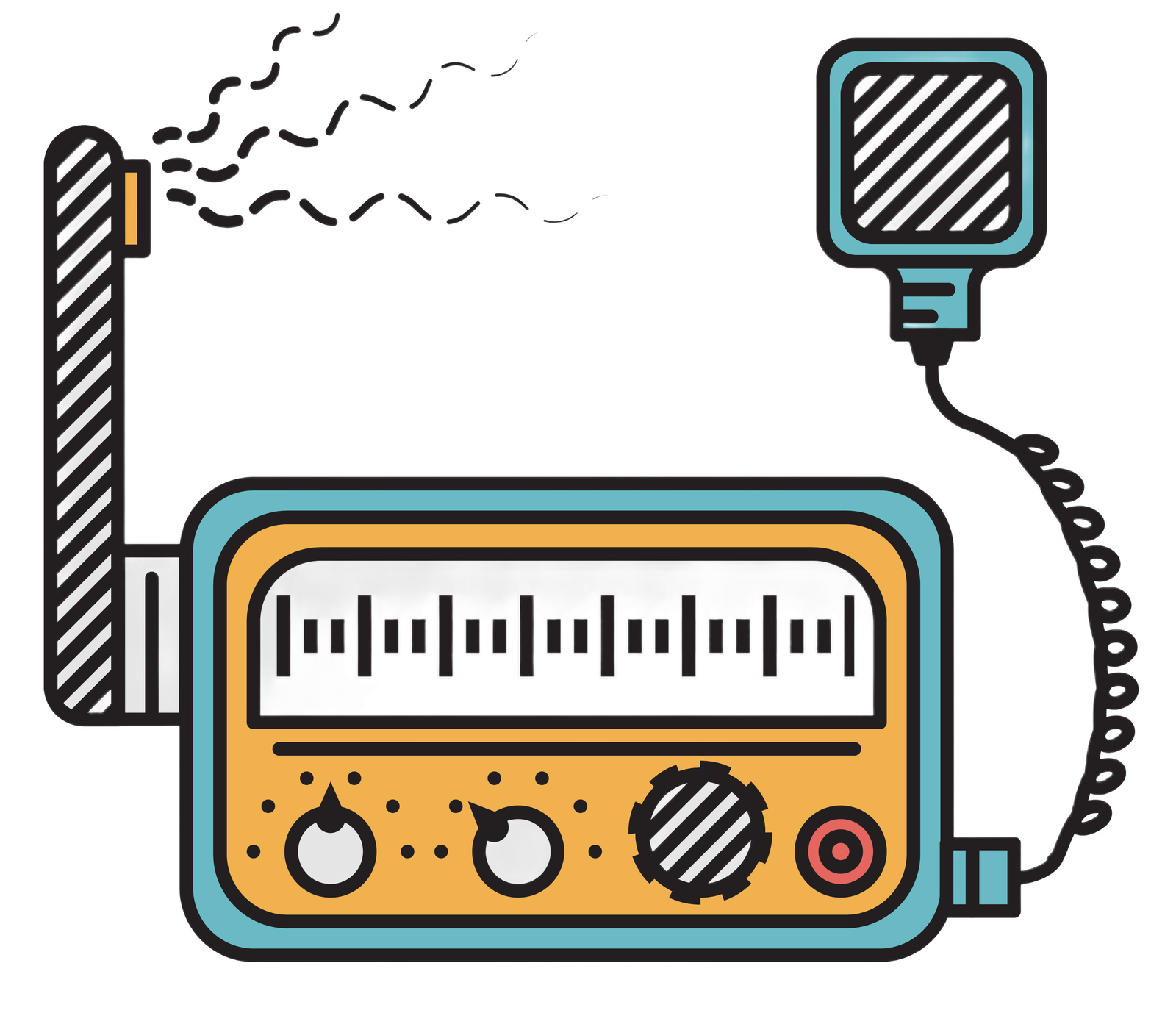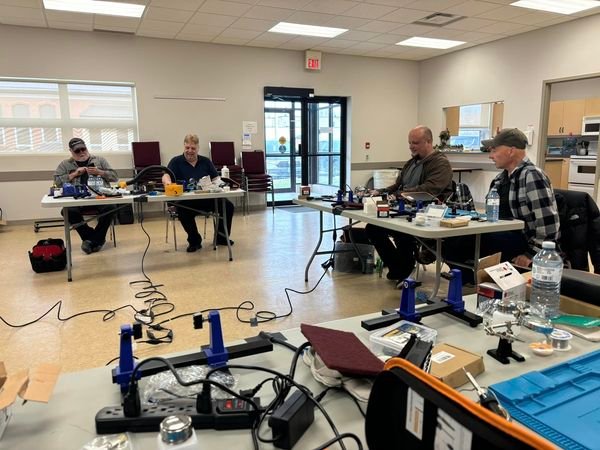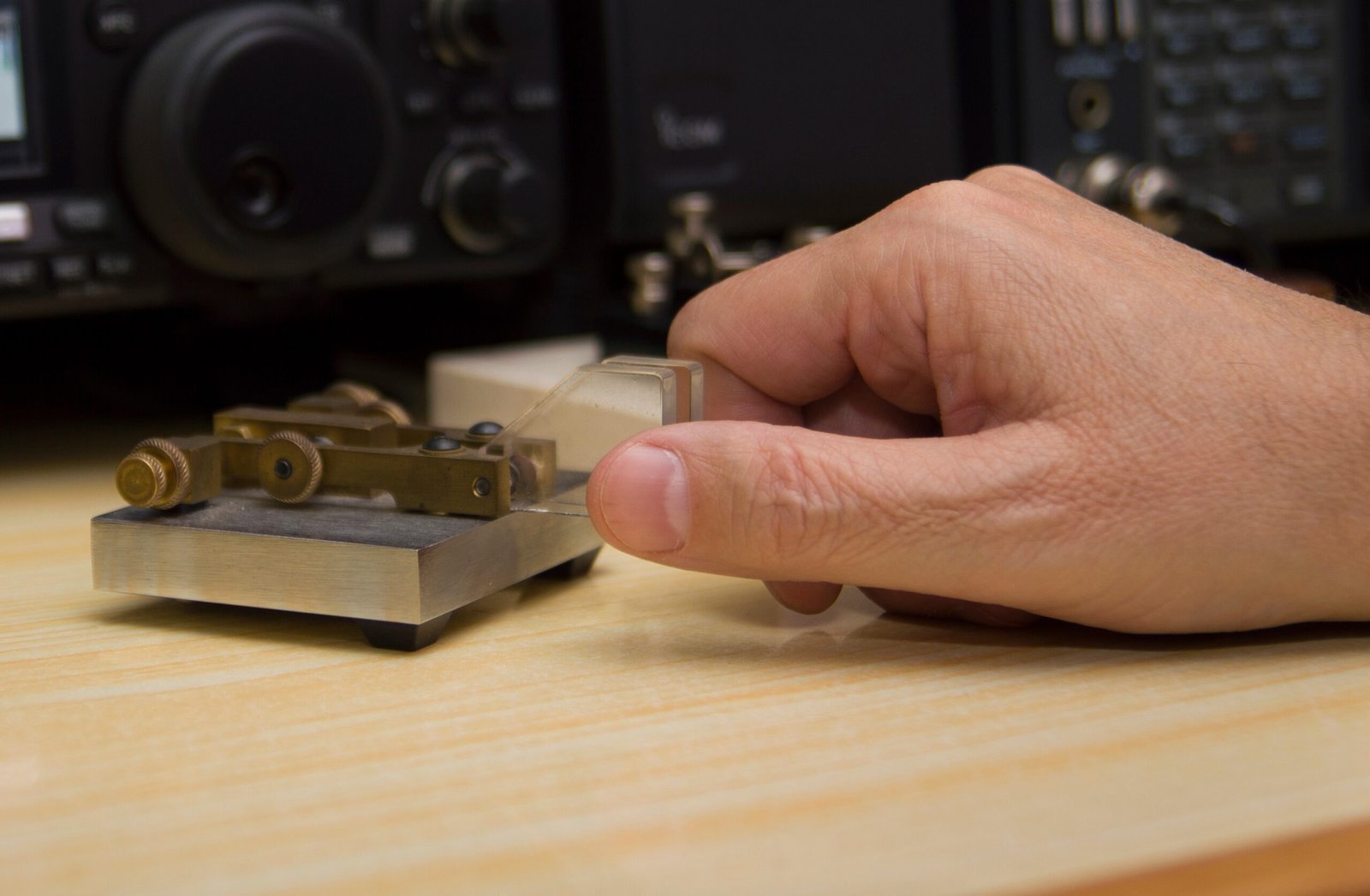Contact Rick VE3RKY to join the sessions. First session is June 14th 2024 at 8PM via Google Meet.
Learning Morse Code Basics
The Morse code learning program will start with group sessions one day a week. The sessions will be Friday nights at 8pm for one hour.
Bob, VE3IEL will lead the group
We will be using the Koch method in these sessions.
Introduction to the Koch Method:
Morse code characters are sent at full speed from the beginning.
We will start with a reduced set of characters initially.
Gradual expansion of characters over time.
Character Selection:
Start with just seven characters (xyzjqhs).
These characters will be sent at full speed e.g., 15 words per minute, wpm, “words” (groups of 5 characters) will be sent at 5wpm
Learning Process:
Students will listen to the characters in 5-letter groups for 3 minutes.
The goal is to copy (write down or type) the characters accurately.
Once 90% accuracy is achieved, students can move to the next lesson.
Progression:
Each week, more characters will be added to each lesson.
Maintain the same overall speed (e.g., 5 wpm) while expanding the character set.
Daily Practice:
Students should practice daily for 45 minutes per session.
Scramble the characters to ensure varied practice.
Starting with the least often used characters provides more focused practice.




